
Review: Kokin – tuna meets fire at The Stratford
The new sushi restaurant now at the iconic skyscraper’s 7th floor and terrace
Is finding a career in the creative industries still all about who know you know, not what you know?
As a teenager way back in the 1980s, I wanted to work in the arts but didn’t know anyone who did. Schoolteachers laughed and told me to get real.
I went to the library on our estate to see if there was a book about it (there wasn’t), I went to the career’s office next to the job centre which didn’t keep information about arts careers as there was “no demand for it.”
I went back to that careers office many times to show there was a demand, and after several weeks they gave me a photocopied sheet with the name of one college to apply to – so I did. I studied hard, got top grades and still wasn’t in the know.
Meantime I worked as a play leader, sessional youth worker, early morning newsagent, fruit shop cashier, supervisor of lingerie in a Kensington High St department store, silver service waitress, barmaid, product demonstrator in shopping centres and a TV extra. I even managed a passenger ferry service.
Over those years, my three priories were to keep a roof over my head, pay my way and stay creative – somehow/anyhow. The idea of an unpaid internship within a professional arts organisation was beyond the realm of possibility, never mind affordability.
But what I learned during that time was that creativity is not something you switch on or off – it’s part of who you are as a person, and even though I felt I wasn’t doing proper creative jobs much of the time, my creativity tipped into whatever roles I did do.
Mine comes out as being agile, a good problem solver, an organiser, seeing new possibilities, a lateral thinker…and blagging – being able to persuade others to imagine a future they hadn’t previously considered. These qualities often come to the fore when I appear to be confronted by a brick wall of apathy, disinterest, hostility – or a combination of the three!
East London in 2023 – the creative industries are everywhere you turn, and a number of developments such as East Bank on the Olympic Park have been enabled with public funding. They aim to support local communities train and secure good work in a sector that continues to grow, but which remains predominantly white and middle class.
There is now a plethora of individual programmes and access schemes promoted online, I was frankly baffled – even though I’m now somewhat in the know. So what do you do if you want to pursue a career in one of London’s the biggest local industries?
Start by seeing it as a basic right to be supported with good advice and guidance. It is reasonable to expect your careers teachers, local college or uni careers service, council employment service, adult learning and libraries to personally assist you with navigating your way through the mass of information out there to find the next step that’s right for you.
You should also expect creative and cultural organisations benefiting from public investment to connect you to the range of jobs that exist and what training you need to pursue them.
And if these folk in the know don’t give you the time of day? Call it out. Make a complaint, raise the matter with your local councillor. They will want to know that the efforts and resources they’re putting in on behalf of their residents to open up the creative industries are really working.
Don’t be shy, if you don’t ask you don’t get.

The new sushi restaurant now at the iconic skyscraper’s 7th floor and terrace
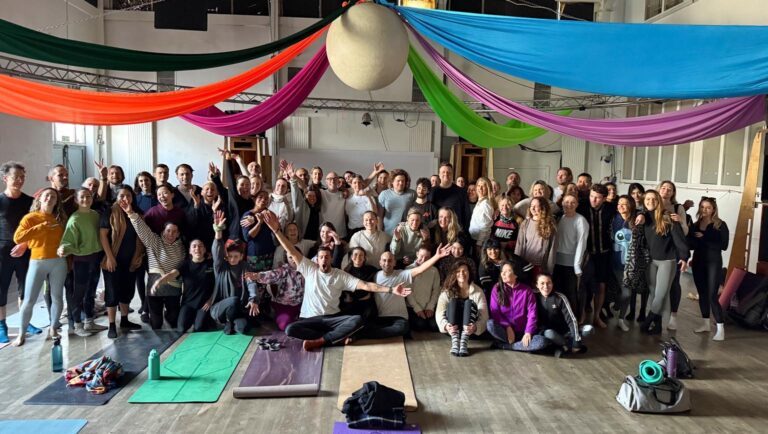
Exploring the health advantages of belonging to something bigger than ourselves
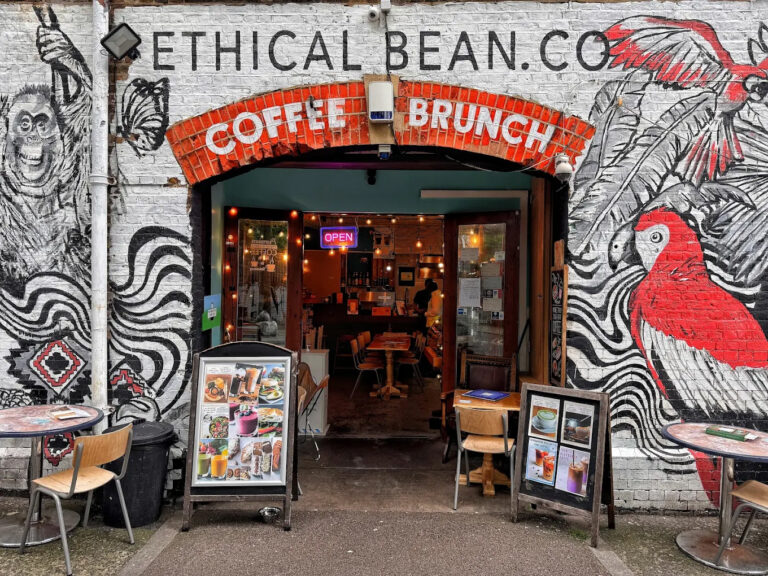
Your timely reminder to go visit these amazing restaurants, bars and cafes this summer while we wait for better bridge access…
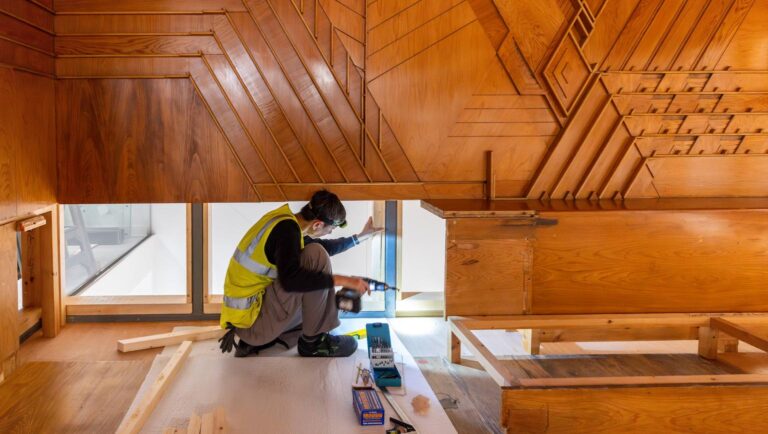
The twist and turns of post-Olympics decision-making that brought 250,000 objects to Here East
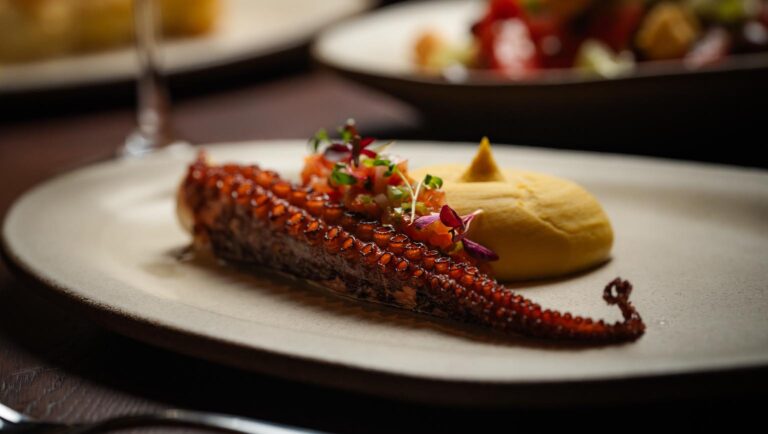
This thoroughly modern restaurant may be far from the taverna, but it’s filled with Mediterranean flavours, and much more

How Hackney’s growing textile reuse infrastructure is inspiring the eco-conscious fashion designers of tomorrow
A joint venture in collaborative local media from:
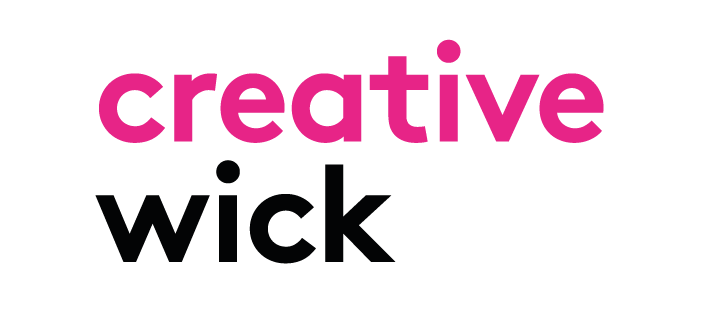

In partnership with

Regulated by IMRESSS, the Independent Monitor for the Press CIC.
For more info on our complaints policy, or to make a complaint, visit FAQ.
